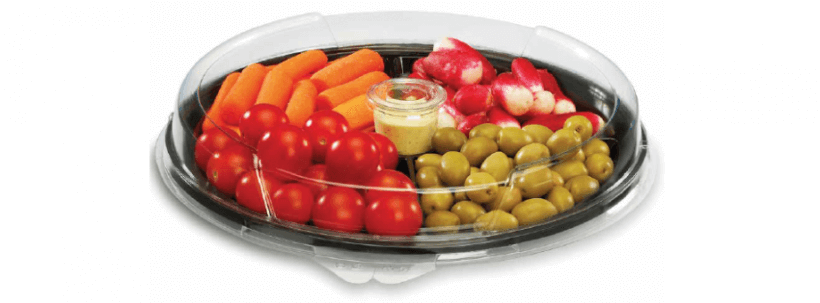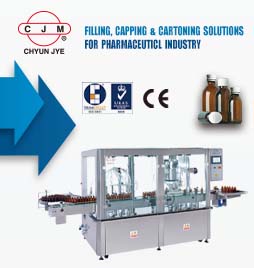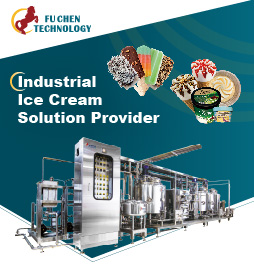Perspective in the Industry of PLASTIC PACKAGING

The diversity and versatility of the polymer production industry is one of the advantages that characterizes this sector, both in terms of the different product types and the different uses that are possible. l Nadia Perera*
* Content Editor of the Énfases Packaging Magazine.
The packaging, especially the plastic packaging, is intensely regulated all over the world throughout the supply chain, from raw materials to end-of-life processes, particularly in recycling.
The trend towards sustainability is an important influence in the packaging industry. Consumers, manufacturers and retailers are demanding more sustainable systems, which are formalized in the objectives of corporate social responsibility.
Global Growth of the Sector
The latest report by Zion Market Research “Rigid plastic packaging market: industry perspective, comprehensive analysis and forecasting, 2016” highlights that people who favor beverages and other home-care products have an impact, which has a positive effect for the global growth of the rigid plastic packaging market.
The study highlights that rigid plastics are the most resistant plastics used in various applications for the packaging products or materials: "They are highly preferred for industrial purposes due to their properties, such as being easy to be molded, light weight, non-corrosive and economical.
RIGID PLASTIC CONTAINERS
ARE PARTICULARLY USED TO INCREASE
THE PRODUCT'S LIFE
Rapidly growing urbanization also contributes to the market growth. In addition, the basic properties of rigid plastic, such as increased rigidity, barrier and resistance, are increasing the demand for this material on the market.
“Innovative designs for packaging in the food and beverage industry will boost the market in the future. High competition for advanced rigid plastic packaging can hamper the market growth to some extent,” emphasizes the study.
The global market is segmented according to the application of the end user as products used by the consumer, such as food and beverages, products for personal care, electronic products, pharmaceuticals and other products. In this, the food and beverage industry is the principal segment of applications for end users.
The Importance of Sustainability
Sustainable packaging is a global mega-trend with particular implications for the rigid plastic packaging industry. There is growing public pressure on brand owners and retailers to reduce the environmental impact of their packaging, reports the market study "The future of rigid plastic packaging in 2022" by Smithers Pira.
The proposals go on how to approach the package in the following ways:
Lightness: reduces the use of the material without damaging the performance of the package
Increased use of recycled plastic raw materials
Investigating the use of bioplastic containers.
“Brand owners are using more recycled and recyclable plastic containers to reduce the environmental impact of the packaging. Bioplastics are a popular option for brand owners looking to show their environmental credentials.
In practice, different approaches can be combined,” the report highlights.
For example, Unilever announced in January 2017 that it promised to ensure that all of its plastic containers are completely reusable, recyclable or compostable by 2025. The company also agreed to reduce the weight of its containers by 2020, and increase its use of recycled plastic in its container up to at least 25% by 2025.
Companies in many end-use segments increasingly recognize that sustainability in packaging is a core value, rather than a unique sales and marketing opportunity, while retailers now offer biodegradable packaging for a wide range of products, including fresh and organic foods.
Plastic Transformation will generate 250 thousand Jobs
In Mexico there are 3000 plastic transformation companies and they generate 250,000 jobs, plus one million people who are dedicated to the distribution, sale and marketing of plastic, while this industry invoices 25 billion dollars annually and whereas 98% stay in the country itself, according to data from the Plastic Business Center of the National Chamber of the Transformation Industry (Canacintra).
Mexico imports up to 5 million tons per year of finished products, the latter mainly from the automotive industry (namely from Germany, Italy, Spain and France, among others), since there are only 20 suppliers of that sector in the country.














